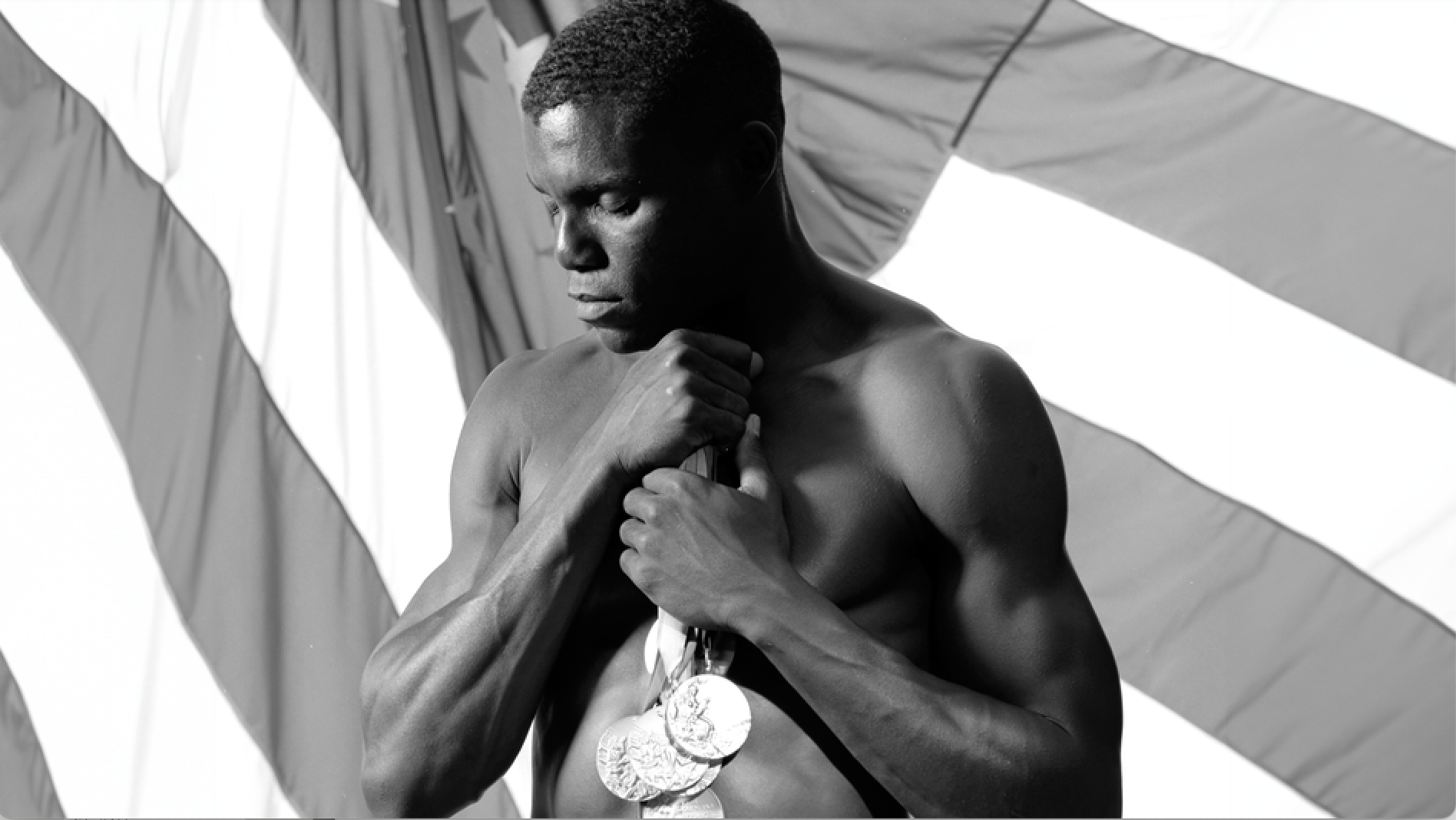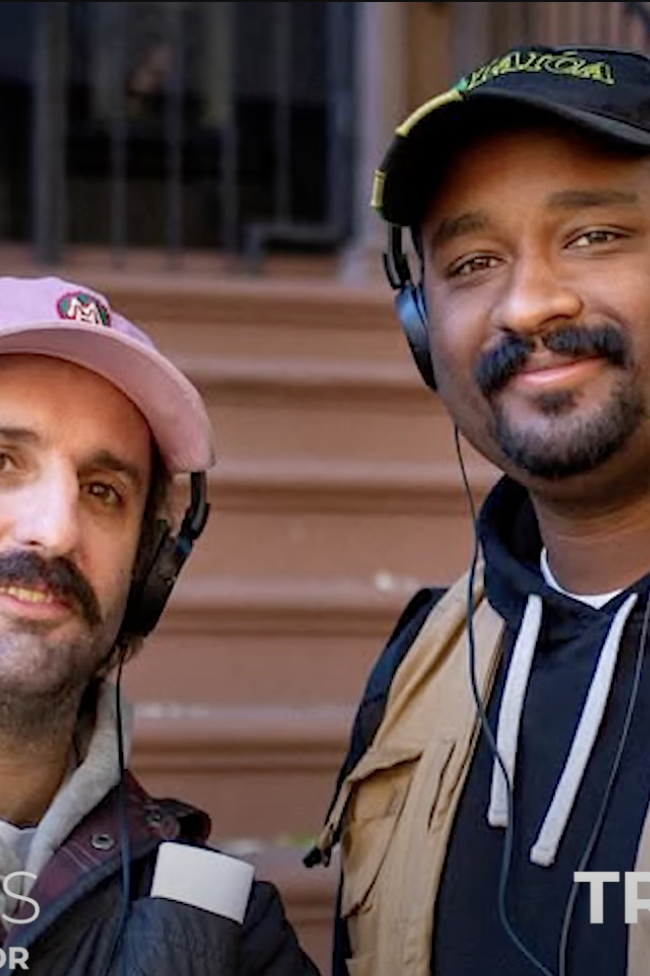I’M CARL LEWIS!

(The 2025 SXSW Film & TV conference, runs March 7-15, and HtN has you covered with great movie reviews like Chris Reed’s look at the doc I’m Carl Lewis! Seen it? Join the conversation with HtN on our Letterboxd Page.)
The new documentary I’m Carl Lewis!—from directors Julie Anderson (Arthur Ashe: Citizen of the World) and Chris Hay (Unbreakable: England 2003)—provides a mostly in-depth look at the titular sportsman, in all his glory and then some. Sure, it’s a bit of a hagiography, but at least it’s an entertaining one that captures the magic of watching Carl Lewis, sprinter and long jumper extraordinaire, at the peak of his form. He was always a picture of athletic grace, and seeing the highlights of his career reminds us of what made him special.
Lewis opens the movie in a present-day scene at the beach with his dogs, where he tells the camera, “The biggest preconception is that I’m an asshole” (cue guitar chords and a montage of the man’s achievements). Though I was alive (if young) at the time of Lewis’ triumphs, I somehow missed how controversial he was to some back in the 1980s, so when a woman’s voice at the end of that opening montage states that “in any other country in the world, he would be a god, but not in America,” I was confused. Was Lewis not always celebrated? It turns out he was not. And therein lies the intrigue that kept me glued to the screen.
Born in 1961, Lewis came from a family of athletes, with sister Carol also a champion long jumper. Though at first a scrawny kid, he eventually filled out and became not just a major high-school contender, but clearly something special. By the time the 1984 Olympics rolled around, he had already been recognized as the fastest sprinter in the world and, working with coach Tom Tellez, had his sights set on matching the performance (4 gold medals) of the great Jesse Owens at the 1936 Olympics in Berlin (he had met Owens as a child). He achieved that goal, but along the way really annoyed sportscasters and fans by refusing to give them what they wanted, which was a new world record in the long jump, preferring to rest up for his other events once he clinched the top spot. It would take him a long time to get the good will of the crowd back on his side.
From there, the movie follows the ups and downs of his life, on and off the track, cutting between footage from today of Lewis and others (including Tellez, Carol Lewis, and many more) and a vast trove of archival material. Never one to follow anyone’s beat but his own, Lewis created the template of the brash and proud Black athlete which is now much more widely accepted than it was back then, when African Americans were supposed to remain humble and grateful. He also refused to stick to feats of physical might, pursuing a singing career on the side. His final competition was at the 1996 Atlanta Olympics, where he somehow (given that he was 35) still managed to win a gold medal in the long jump, as well as, this time, the cheers of the public.
In between 1984 and 1996, there is a lot that happens, including his many losses to Canadian sprinter Ben Johnson, who was later disqualified from the 1988 Olympics for doping. We learn quite a lot about Lewis’ thoughts on all aspects of his running and jumping, as well as his opinions on Johnson and others who disrespected him. What we don’t have enough of, however, is more of the personal side of who Lewis is outside the world of sports, other than that he likes his dogs, loves his garden, purposefully flouted gender conventions in the way he dressed and made himself up (though he is most certainly not gay, he states), and has never had a meaningful long-term relationship. Perhaps if he could truly open up to the world—whatever that would look like—beyond the carefully stage-managed presentation of self we see here, that last problem could be solved. Such a hole in his life, and in the film, notwithstanding, I’m Carl Lewis! is a damn good time.
– Christopher Llewellyn Reed (@ChrisReedFilm)
2025 SXSW Film Festival; Julie Anderson and Chris Hay; I’m Carl Lewis!











